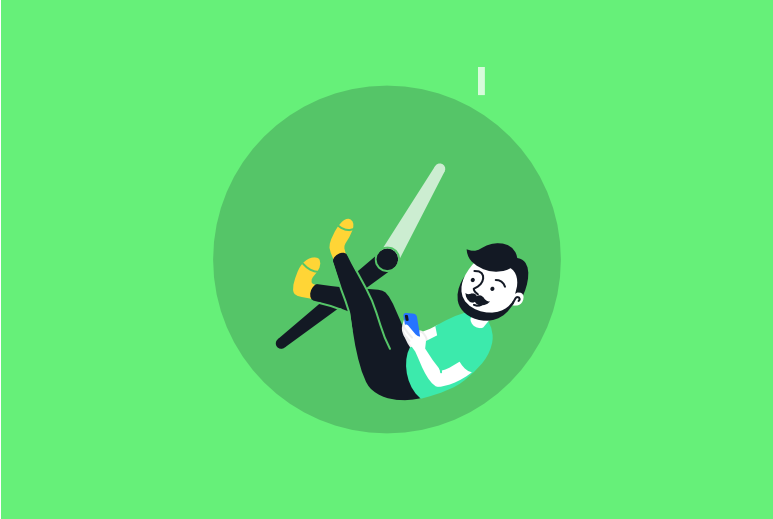This article was brought to you by Must Share Good Things. Check us out and follow us on our Tiktok, Facebook, Instagram or Telegram for more content!
–
Procrastination is a common behavior that many people struggle with. It’s the act of delaying or putting off tasks that need to be done, often to the point of feeling stressed and overwhelmed. While procrastination may seem like a personal failing, it’s actually a complex behavior with both psychological and biological roots.
Why People Procrastinate

Research has shown that procrastination is a result of a mix of cognitive, emotional, and motivational factors. One theory is that procrastination is related to our ability to regulate our emotions. When we perceive a task as unpleasant or difficult, we experience negative emotions such as anxiety or frustration.
Procrastination allows us to avoid those negative emotions in the short term, but it can make us feel worse in the long term as the deadline approaches and we become more stressed and anxious.

Another theory is that procrastination is linked to our ability to estimate time and to delay gratification. When we procrastinate, we tend to overestimate the amount of time we have available to complete a task, which can lead to us delaying it until the last minute. Additionally, our brains are wired to seek immediate rewards, so tasks that require long-term effort or don’t provide immediate gratification are often put off.

How to Beat Procrastination
While procrastination can be a difficult habit to break, there are strategies that can help. Here are a few science-backed techniques for overcoming procrastination:
- Set clear goals and deadlines: One of the main reasons people procrastinate is because they lack clear goals or deadlines. Setting specific, achievable goals and deadlines can help you stay focused and motivated.
- Break tasks into smaller, manageable chunks: Large or complex tasks can feel overwhelming and lead to procrastination. Breaking them down into smaller, more manageable pieces can make them feel less daunting and easier to tackle.
- Find an accountability partner: Sharing your goals and progress with someone else can help keep you motivated and accountable.
- Avoid distractions: Distractions like social media, email, or phone notifications can make it difficult to focus and increase the likelihood of procrastination. Try to eliminate or minimize distractions while you’re working on a task.

Procrastination can be a difficult habit to break, but it’s not impossible. By understanding the underlying psychological and biological factors that contribute to procrastination and using science-backed strategies, you can overcome procrastination and become more productive and less stressed. Remember to be kind to yourself and celebrate small victories along the way!
–
Since you have made it to the end of the article, follow Wake Up Singapore on Telegram!





